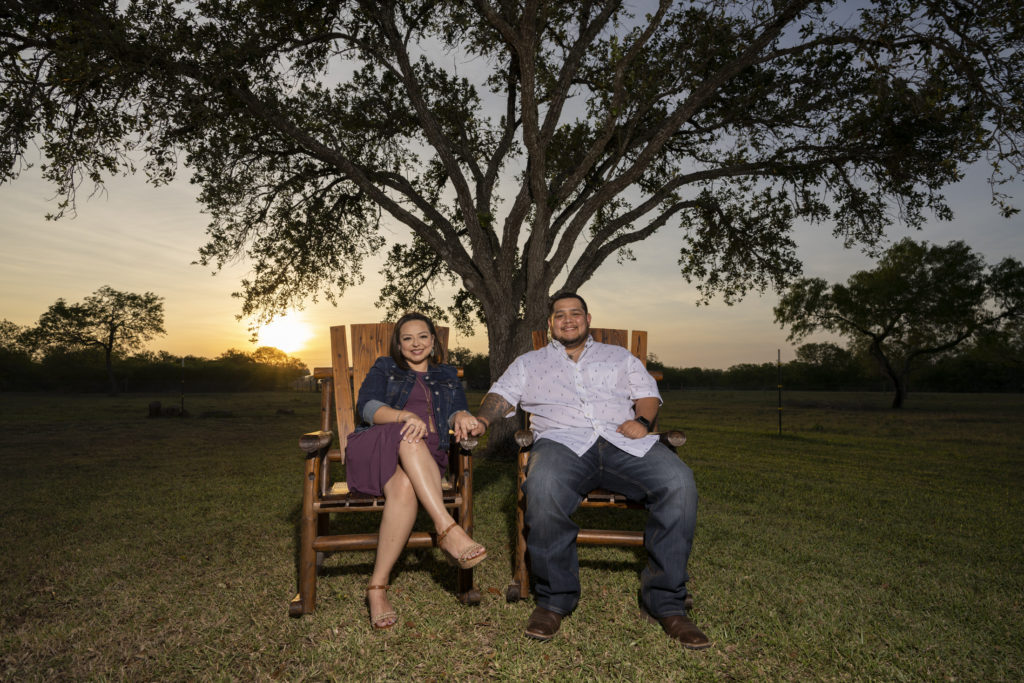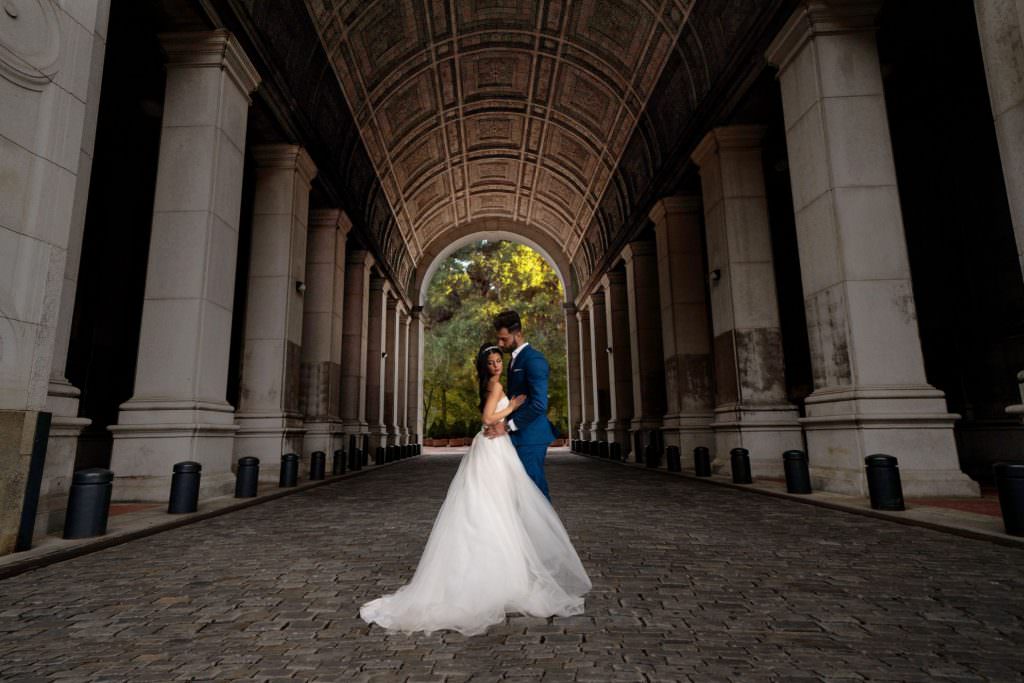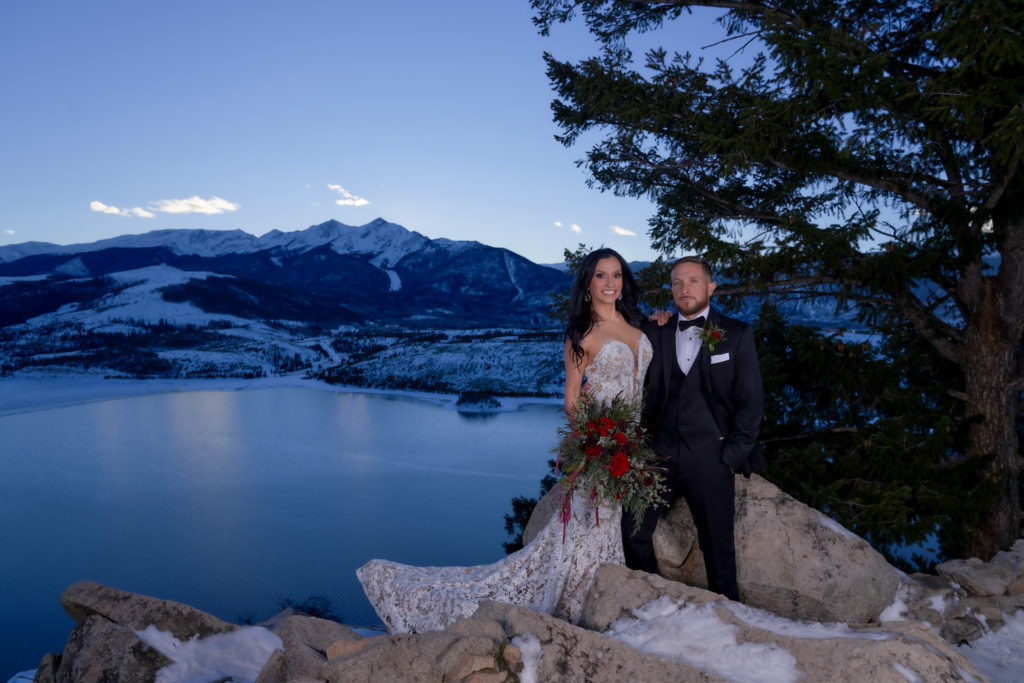The answer to the question, “How long does it take to plan a wedding?” depends on a couple’s priorities and how much time they have to devote to the process. The earlier you begin the planning process, the closer it will feel to the big day. That’s because early commitments to the location, guest list, and theme of the wedding will make the organizing process more concrete and less abstract. The following are some of the factors which leads to the timeline of a perfect wedding for the couple.

1. Planning a destination wedding in a specific season
When planning a destination wedding, it’s important to consider the weather and the time of year. These factors will come to mind when asking “how long does it take to plan a wedding?” The most popular months for weddings are April, May, November, and early December. During those times, resorts offer better group rates and lower chances of rain. Although you can’t always predict the weather, you should choose a season that’s the most suitable for your wedding date.
Before committing to your wedding date, plan to visit your prospective venue and explore specific areas. This will give you a firsthand impression of what to expect at the location. Most wedding destinations have unpredictable weather conditions, so do your research about the seasons surrounding your chosen destination. You can also contact people who have previously held destination weddings and ask them for their tips and recommendations for the time of year.
After the ceremony, your guests will need some time to get used to the surroundings and settle into honeymoon mode. You may want to organize a welcome party to keep them entertained and happy. Typically, destination weddings include a wedding ceremony, a rehearsal dinner, and a wedding party on Friday night. After the wedding, there is typically brunch at the venue.
When planning a destination wedding, remember that traveling expenses are an important part of the event. You will need to factor in the cost of airfare, accommodations, and other expenses. Even the smallest expenses can add up. You should make extra allowances to cover those costs. Make sure to make these adjustments well in advance of the departure date.
If you’re planning a destination wedding in a particular location, you’ll want to choose a time when the weather conditions are the best. You may want to avoid the peak tourist season, such as July and August, or visit during the off-season. However, there’s a downside to that. You might find it difficult to find vendors during those times.
2. Choosing a date
There are many factors to consider when choosing a date for your wedding. For example, you should be flexible, so you can change your plans. For instance, your dream venue might be booked, or your favorite photographer might be out of town. Also, consider any important family events you need to plan around.
Many couples choose a date for their wedding based on a special occasion. For example, they want to celebrate the bride’s or groom’s birthday or the date of their first date and kiss. If the two of you want a certain date, make sure to contact wedding venues as early as possible since many may be booked months or years in advance.
Another factor to consider when choosing a date for your wedding is the weather. If you’re planning an outdoor ceremony, be sure to choose a season that’s not too hot or too cold. Then, think about the weather in your locale – if the ceremony will be outdoors, it’s important to pick a season when the weather is mild and clear.
When choosing a date, it’s important to consider how much time you want to spend planning. For instance, a small, intimate wedding can be planned in a few months, while a large event with 200 guests might need a lot more time. Also, think about whether you want a winter or summer wedding, as these seasons are often a popular time for weddings.
Once you have your chosen date, you can begin to research your wedding venues. If the wedding venue you want to use is already fully booked, it’s best to look for an alternate date. This way, you can finish all the planning tasks in time.

3. Establishing priorities
Setting priorities for your wedding is an essential first step in the planning process. Your priorities may change over time, but you should sit down with your partner and make an honest assessment of what is important. Eventually, you may both come to agree on some things and cut out other things. This can also help you stay within your budget and achieve the wedding of your dreams.
Identifying your priorities will help you avoid being overwhelmed while planning a wedding. You should discuss with your partner what is most important to you, and then rank the items on a scale of most to least important. You should then compare notes to come up with compromises. It’s okay to eliminate some things from your list, but try to avoid cutting things that aren’t as important to you.
Once you’ve outlined your priorities, you can start to make decisions on how to spend your time and money. One of the first tasks you should do is analyze your wedding budget. Although this step can be stressful, it is crucial to understand that your budget isn’t infinite, and you will need to make some decisions. You should also remember that weddings don’t come cheap, and you may have to compromise on some items on your wish list.
Next, decide how much money you want to spend on the various wedding details. These may include wedding attire, food, and music. Perhaps you also want to have a videographer or photographer for the wedding. Regardless of the decision, determining your priorities will help you plan a budget and allocate funds properly.
4. Budgeting for a wedding
Budgeting for a wedding is a challenge for couples because a wedding can cost quite a bit of money. It is essential to make sure that you can balance the budget for your wedding with all your other expenses, and make sure that you’re not spending more than you can afford. Luckily, there are ways to save money on the big day without sacrificing your everyday expenses.
First, you need to determine what your total wedding budget is. Then you can start to divide it into “needs” and “wants.” Your needs include the dress, the venue, and the catering. The wants include the rest of the wedding. Make sure to make a list of all these items and budget for each separately.
If you’re paying for your wedding together with friends and family, you’ll want to find a way to share the cost. If you live near the bride and groom, you could ask them to split the cost of travel or even drive together. It’s important to remember that your budget may need to change as you prepare for the wedding, so you should not feel pressured to buy anything extravagant. If you’re budgeting for a destination wedding, you may be able to get a venue at a lower rate if you’re planning it during off-peak season.
The bride’s parents may be willing to cover some or all of the costs for the wedding. While parents typically contribute to the wedding of their children, they are increasingly starting to contribute to their own weddings. In addition to the bride’s parents, grandparents, aunts, and uncles may also chip in. It’s always a good idea to ask your parents for help when planning a wedding.

5. Choosing a venue
Choosing a venue for a wedding requires some careful planning. You will need to calculate the number of guests and determine the maximum capacity of the venue. A good rule of thumb is to allow 25-30 square feet of space per guest. This will ensure that you’re not cramming your guests into a small space.
The wedding date should be determined early on in order to secure the venue of your choice. If possible, book your date at least 14 months before your wedding. The earlier you can book your venue, the more options you’ll have. You’ll also have the chance to consider the best time of year to hold your wedding.
Choosing a venue is the first major decision you’ll make when planning a wedding. Choosing the right location will affect the rest of the wedding planning process. When choosing a venue, remember to take into account the capacity of the venue and the type of wedding you’ll host. Make sure to check out different options, including pricing and package types.
Before signing a contract with a venue, ensure that you feel comfortable with the terms of the contract. Ask for advice from a wedding planner or personal attorney to ensure that you’re covered. This will prevent confusion later on in the planning process. Choosing a venue is not an easy decision, and it should be taken carefully.
If you’re unsure which venue is the best, try to go for a site visit. Then, use your gut instinct to choose one that makes you feel the most excited and welcome. This will help you narrow down your choices and find the venue that will best suit you and your loved one’s personalities.
Conclusion
In conclusion, the amount of time it takes to plan a wedding depends on a variety of factors. If you have a clear vision for your big day, and you’re organized, you can probably get away with planning everything in a few months. However, if you’re not as sure about what you want, or you’re less organized, it might take closer to six months. In any case, it’s important to start early so that you don’t get overwhelmed and end up making rushed decisions.
Contact Us!
Visit our Contact Page!
Check out our Facebook Page!


